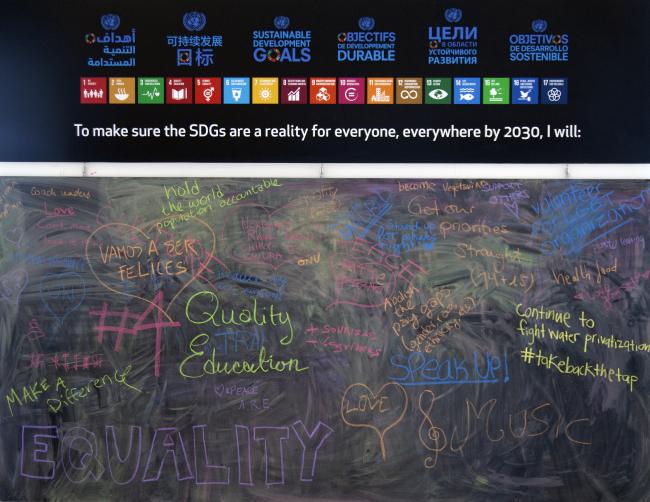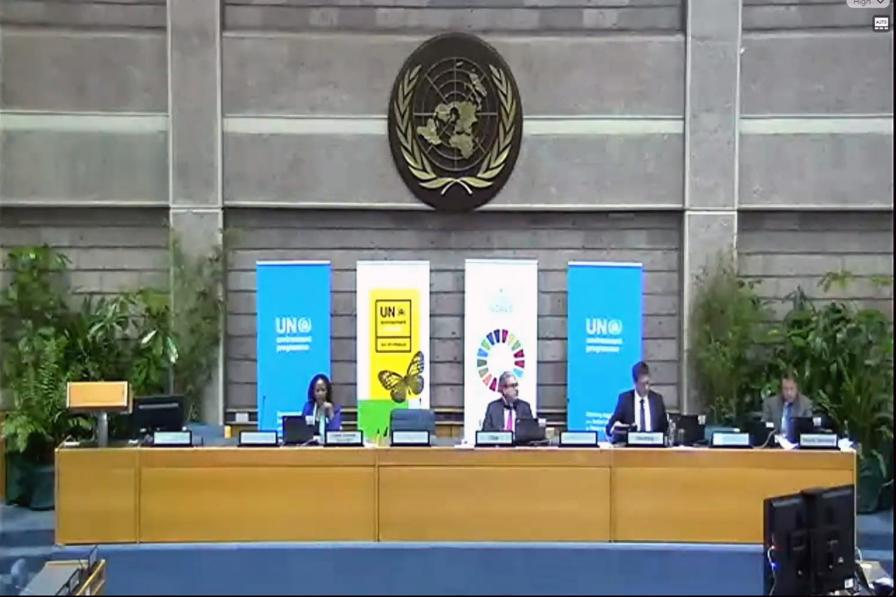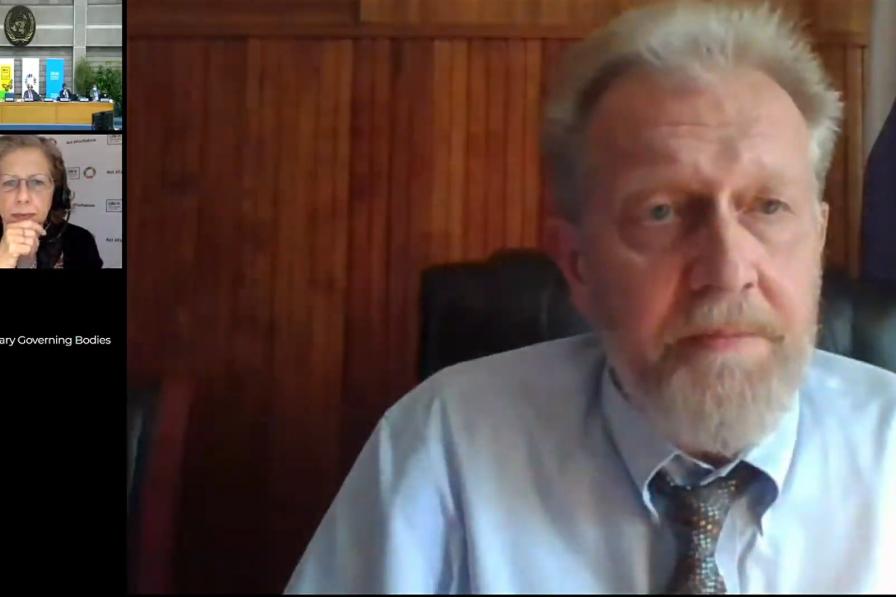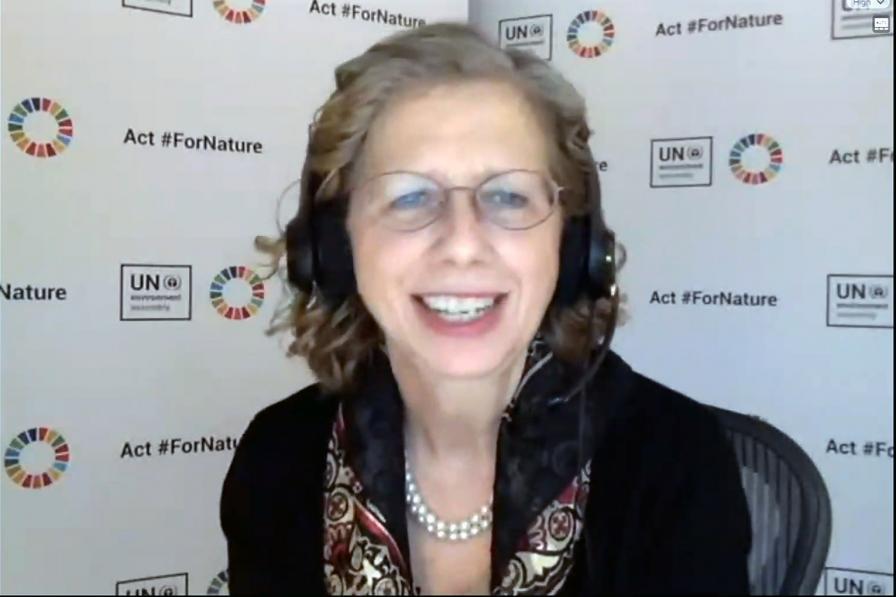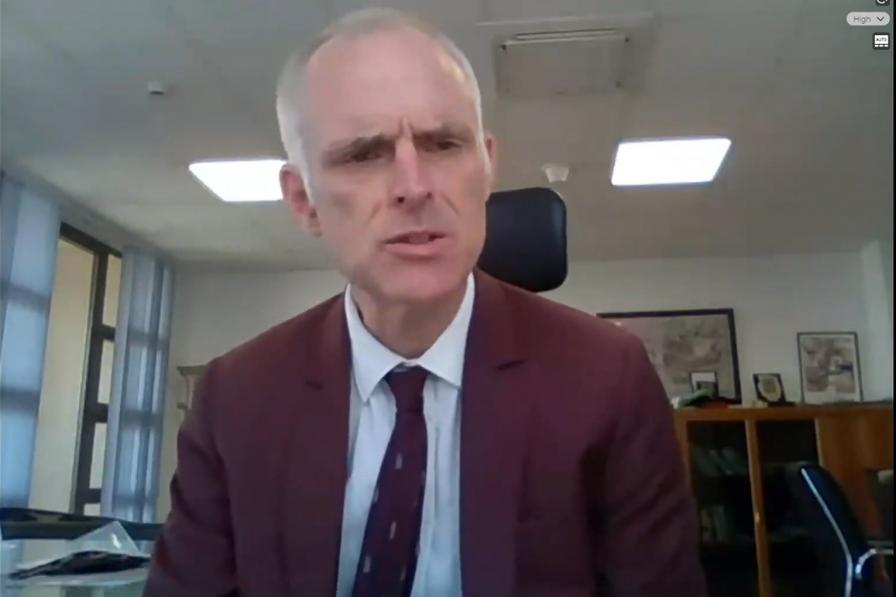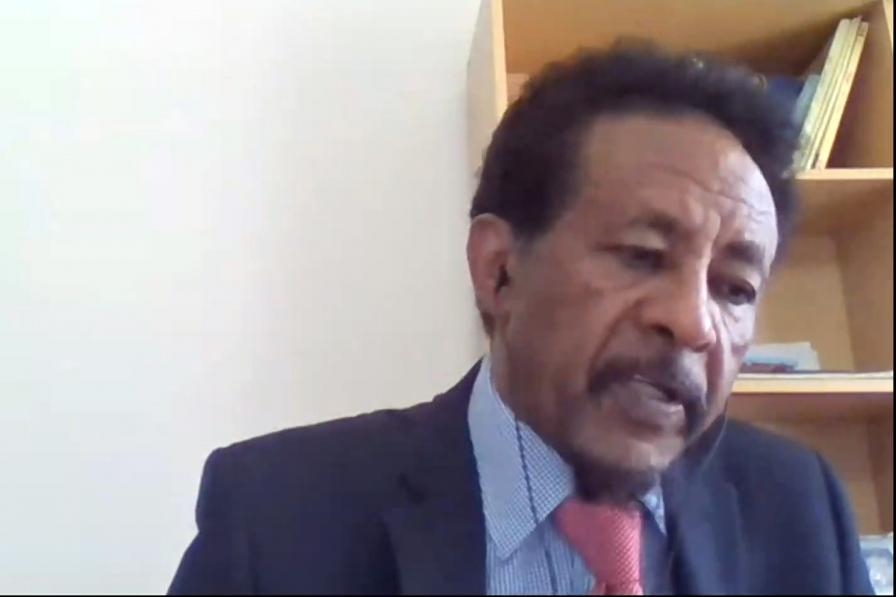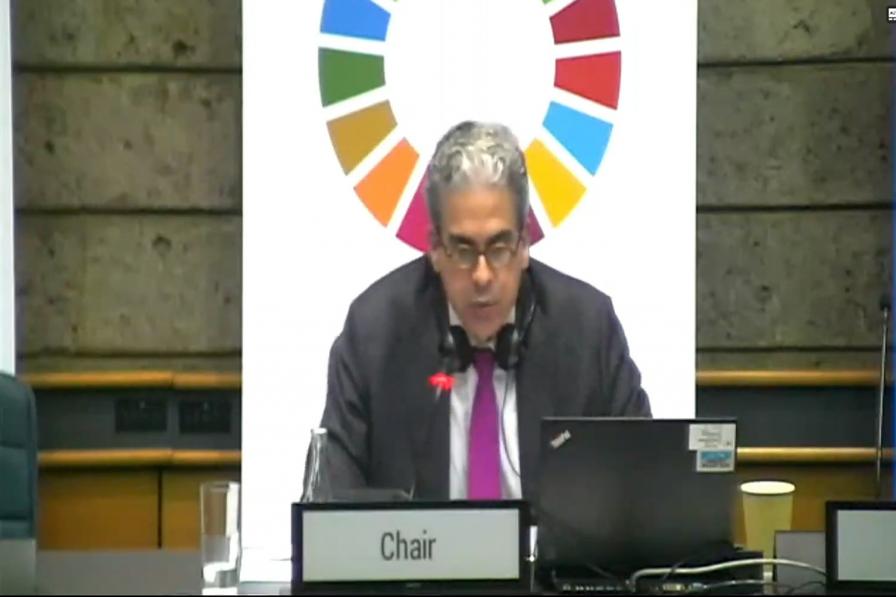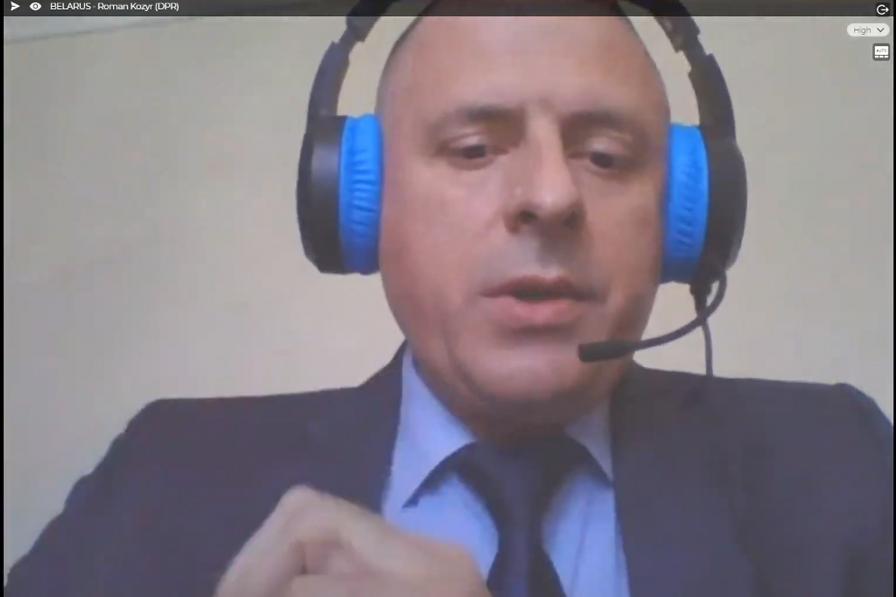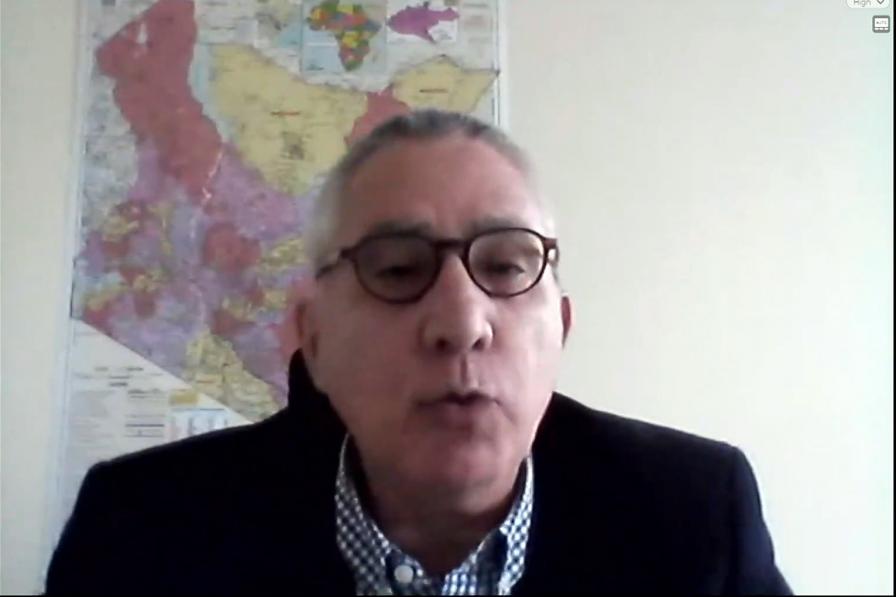The online session of the fifth meeting of the Open-Ended Committee of Permanent Representatives (OECPR 5) opened on Monday morning. Despite technical challenges, the Committee held an opening plenary session, followed by a contact group discussion on three draft decisions.
OECPR Chair Fernando Coimbra (Brazil) welcomed participants, providing an overview of urgent decisions to be taken at OECPR 5 related to administrative and budgetary matters. He stressed that negotiations on substantive matters should be deferred due to “inherent limitations of diplomacy in online settings.”
United Nations Environment Programme (UNEP) Executive Director Inger Andersen said that it is possible to change our relationship to the natural world and stressed that, despite the pandemic-related challenges, “we cannot afford to wait: environmental governance can and will continue.”
Regional groups and Member States took the floor during the opening plenary underscoring the urgency to move towards a “better, greener and more sustainable future,” but also pointing to the limitations of online deliberations. Some Members insisted that no formal virtual negotiations take place, reaffirming the agreed procedural nature of the session.
Delegates’ caution over the limitations of virtual meetings proved timely, as problems with the online meeting platform resulted in a modification in the programme for the first day.
The plenary ended earlier than scheduled and Member States met in a contact group to discuss three draft decisions on:
- the medium-term strategy (MTS) for 2022-2025, and the programme of work and budget for the biennium 2022-23;
- the date and format for the resumed session of UNEA 5 and OECPR 5; and
- the management of trust funds and earmarked contributions.
The first reading of the draft decisions revealed divergence in opinions on a variety of topics. Regarding the medium-term strategy and the programme of work, some members objected the use of certain terminology, such as “nature-based solutions” or “net zero target.” References to “environmental rights” led to lengthy interventions, with some members noting that this is not intergovernmentally agreed language, proposing it be omitted from the text. Other members disagreed, noting that the terminology of “environmental rights” has been used by UNEP for 30 years.
A number of members encouraged enhanced coherence between multilateral environmental agreements and national and international environmental obligations and mandates. Several others recalled the extensive consultation process on the development of the MTS prior to the meeting, but noted some comments made during these consultations were not yet fully addressed.
UNEP Executive Director Andersen stressed that the MTS language reflects previous programmes and endorsed terminology and does not seek to introduce new concepts. She suggested amending the reference to environmental rights to refer to “human rights obligations relating to the enjoyment of a safe, clean, healthy and sustainable environment”. Anderson further suggested deliberations continue on Tuesday morning.
While the date and format for the resumed session of UNEA 5 and OECPR 5 seemed more straightforward, in discussion, it prompted more complex considerations. Diverging opinions included: the best way to review the reports of the Executive Director; whether text in the draft decision should specify certain resolutions and processes; the ideal scenario for the commemoration of 50 years of UNEP; and the extension of the terms of office of the OECPR Bureau.
Despite some of the members suggesting ways forward and a general spirit of cooperation and compromise, deliberations on specific issues continued into the evening.
Most delegates turned off their laptops as the meeting concluded for the day rather exhausted, contemplating a long second day—across different time zones—to conclude their work and successfully prepare the draft decisions for UNEA 5 to be held next week.
